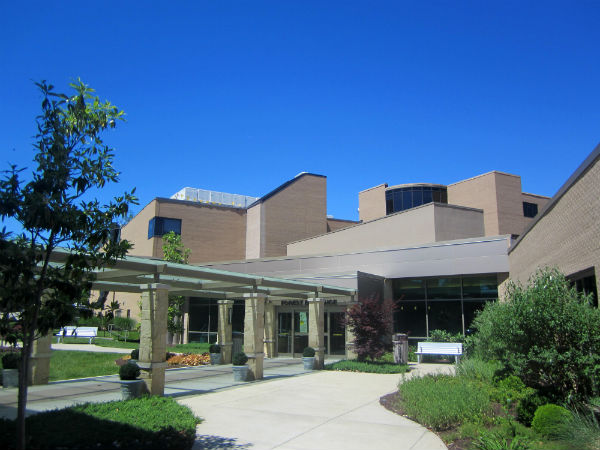Developed in partnership with the MedStar Washington Hospital Center, the Washington Adult Congenital Heart Program (WACH) provides continuity of care for adults with congenital heart disease – both survivors of early surgery and newly diagnosed adults. This unique collaboration is 1 of only 40 Adult Congenital Heart Association (ACHA)-accredited programs in 25 states.
Our Providers
Our pediatric specialists provide personalized care for your child’s physical, mental and emotional health needs.
Contact Information
For appointments, please call 1-888-884-BEAR (2327) and for information, call 202-476-2728.

The WACH program is associated with the Children's National Heart Center, a leading center of comprehensive cardiac care in the United States.
Comprehensive Care
WACH meets the unique needs of adult patients with congenital heart disease by providing all the necessary resources and highly sophisticated care in a central location.
More than 90 percent of children who undergo surgery to correct congenital heart defects live to adulthood; however, nearly 50 percent of these survivors do not seek the regular cardiac care, which is critical for their health.
Studies and clinical information show that adult survivors face an increased risk of cardiac conditions years after corrective surgery. Patients with tetralogy of Fallot, aortic stenosis, coarctation, and transposition of the great arteries are at the highest risk. The original surgeries were the first of their kind, so no long-term history was known when they were performed. National guidelines from a variety of professional organizations all suggest at least one evaluation in a specialized center for adults with congenital (inborn) heart disease.
The program team follows patients from birth through adulthood to ensure care is provided from board-certified pediatric and adult cardiologists, cardiothoracic surgeons, intensive-care experts, and a skilled support team, all of whom are specially trained in caring for congenital heart disease patients.
About the WACH Program
Young patients who receive care at the Children's National Center are growing stronger all the way into adulthood. Listen to what Anitha John, M.D., Ph.D., director of the WACH Program, has to say about how we provide specialized care for adults living with unique congenital heart conditions.

A Partnership for Patients
The partnership between Children's National and the MedStar Washington Hospital Center continues an informal relationship developed several years ago by the hospitals, situated on adjoining campuses.
Established in 2001, the Washington Adult Congenital Heart Program is the oldest and largest adult congenital heart program in the Washington, D.C., region. The WACH Program works collaboratively with the Heart Center's pediatric cardiologists to provide seamless care. Anitha John, M.D., Ph.D., has served as the Program Director since 2011, after having completed a specialized fellowship at the Mayo Clinic dedicated to the management of congenital heart defects in adult patients. Seiji Ito, M.D., joined the team in 2015 after completing advanced training in adult congenital heart disease at the University of Washington Medical Center in Seattle.
By combining intellectual resources and technology from both institutions, such as cardiac MRI, cardiac catheterization, and electrophysiology services, doctors provide the most thorough evaluations and treatment for complex congenital heart patients.

Outcomes Data
The Washington Adult Congenital Heart Program (WACH) meets the unique needs of adult patients with congenital heart disease (CHD) by providing all the necessary resources and highly sophisticated care in a central location. The program is the longest-standing and largest program dedicated to the growing population of adults with CHD in the Washington, D.C., region.


Family Resources

New Patient Forms
If you are a new patient, please fill out the Washington Adult Congenital Heart New Patient Questionnaire before your visit.

8 Tips to Help Children with CHD Prepare for Healthy Futures
Congenital heart defects (CHD) remain the most common birth defect. Thanks to major advances in medicine and surgery, children with CHD have a more than 90 percent survival rate.








